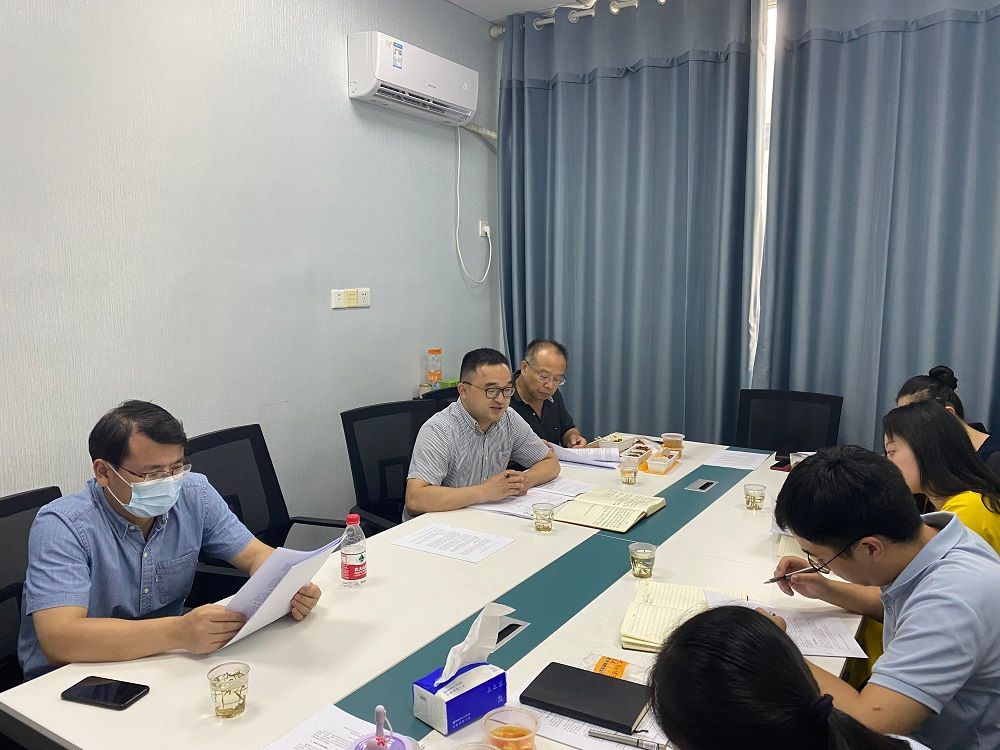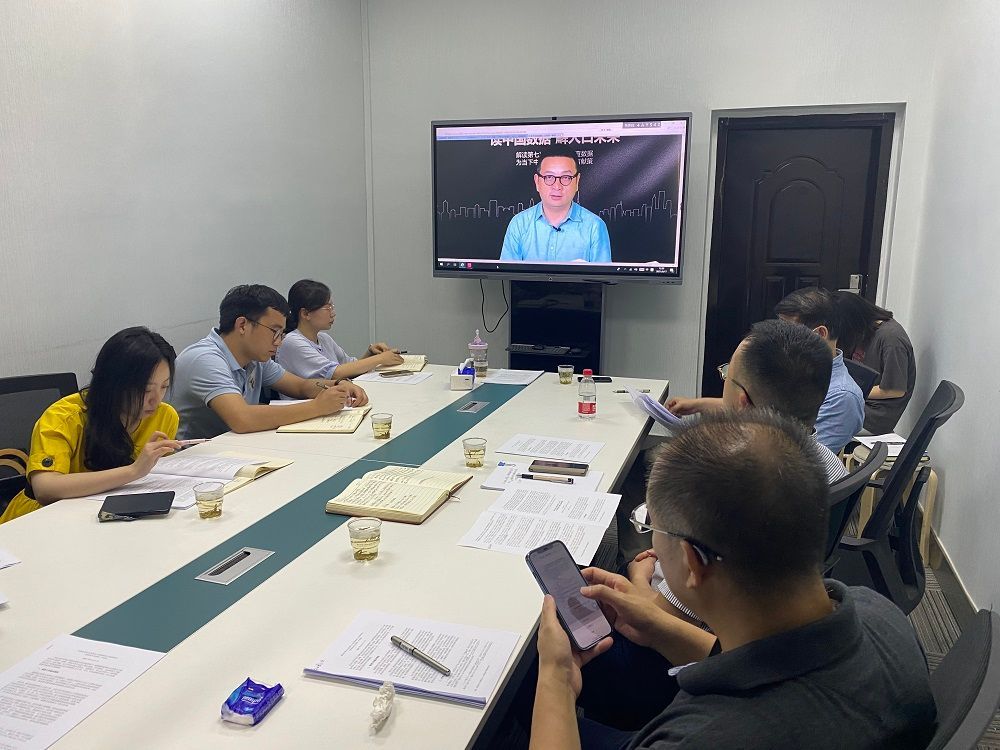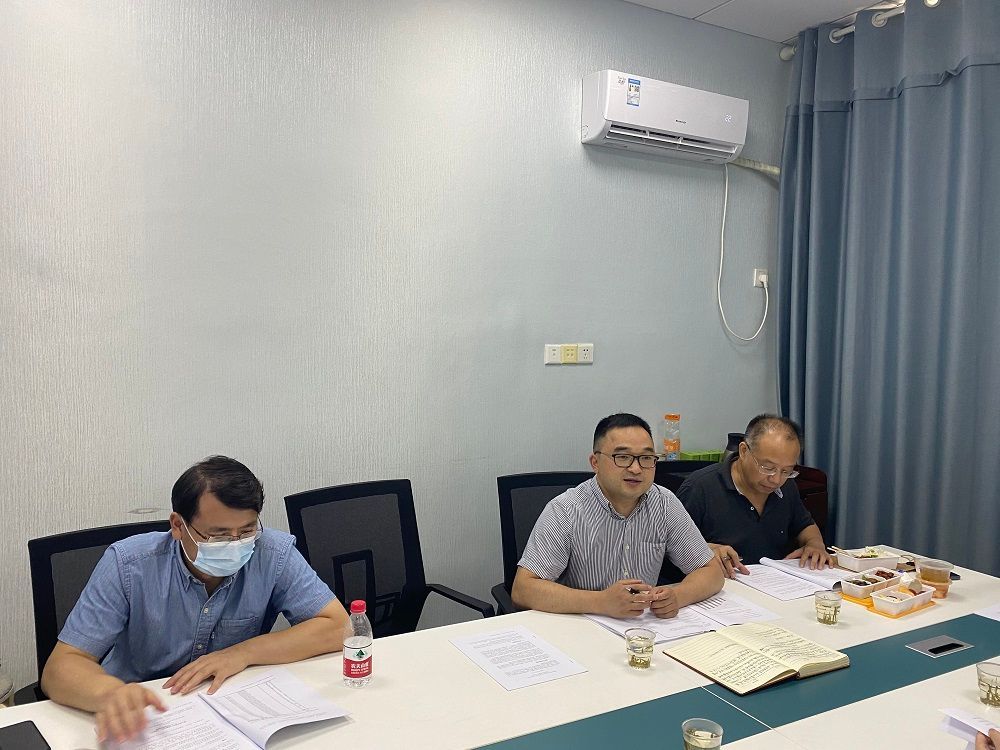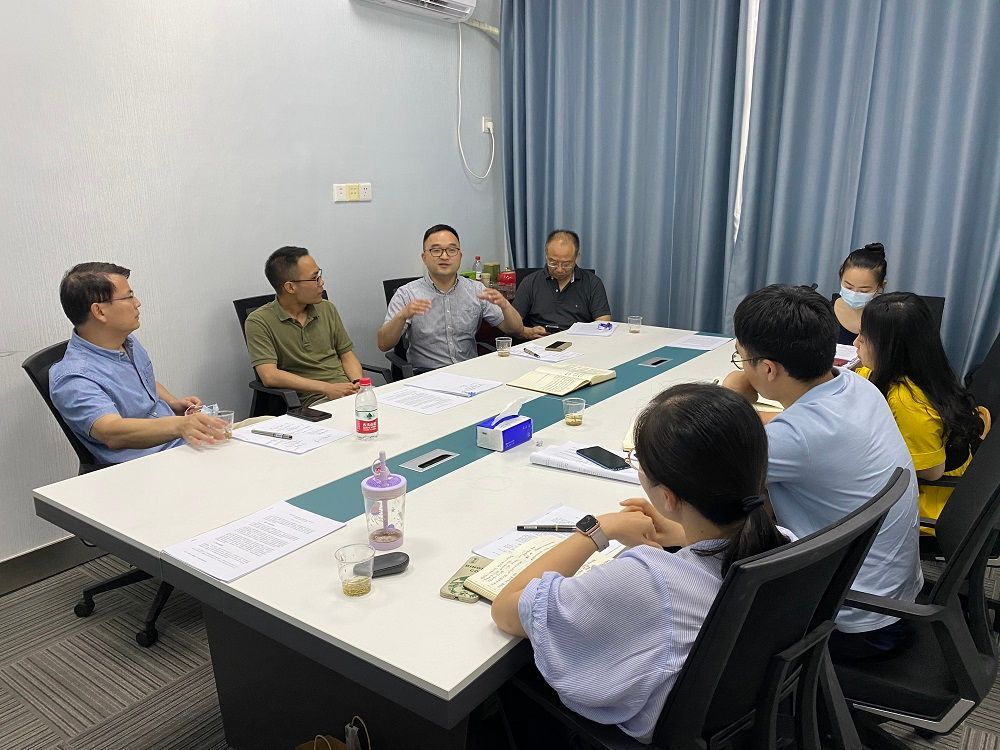On 17 June 2021, the 2nd Session of Xixian Academic Luncheon organized by IIDPF, ZUEL was successfully held in Room 127, Wenqin Building. The theme of this academic luncheon is "Focus on the Seventh Population Census: Discussing Demographic Changes and Income Distribution with Liang Jianzhang". This academic luncheon was chaired by Professor Lu Yuanping, Executive Vice Director of IIDPF. Professor Zhang Kezhong, Dean of the School of Public Finance and Taxation and Vice Director of the IIDPF, Professor Sun Qunli, Vice Director of the IIDPF, and more than ten faculty members including IIDPF members Dr. Wan Xin, Dr. Zhang Fan, Dr. Liu Erpeng, Dr. Wan Qian, Dr. Zou Wei, Dr. Gao Sihan and Dr. Yan Weibo attended the luncheon.

The session began with a video on the analysis of the Seventh Population Census data by Professor Liang Jianzhang. Professor Liang analysed the demographic changes brought about by the Seventh Population Census and made corresponding policy recommendations. After removing the "pile-up effect", China's current fertility rate is only 1.0-1.1, far below the world average. Professor Liang also predicts that China's fertility rate and births will continue to decline in the future. In terms of fertility and population structure, how to encourage fertility to increase the fertility rate has become an urgent issue in China. Based on this, Professor Liang gave an in-depth analysis of each of the four aspects: financial subsidies, education, housing prices and a fertility-friendly society, suggesting that the government should encourage fertility by significantly increasing financial subsidies, with spending on family welfare accounting for about 2-10% of GDP; in education, reforms should be made to the education system, especially the college entrance examination system; in housing prices, land prices should be reduced and land supply should be in line with the fertility rate. Efforts should also be made to build a fertility-friendly and female-friendly society.

After the video, Professor Sun Qunli first summarised Professor Liang's views, suggesting that his ideas were highly innovative and could provide many new ideas for related research. Professor Sun Qunli argues that the issues of household income, expenditure, consumption, and investment in education are worth a deeper dive, with an emphasis on AI and income inequality. Professor Zhang Kezhong provides an in-depth analysis of the current low fertility rate and income inequality in China, mainly from two aspects: education and gender discrimination. He concluded that the more market-oriented a country is, the weaker the competition in education; and that gender discrimination leads to lower earnings for women. In conclusion, Professor Zhang Kezhong suggested that faculty members could conduct research on 'artificial intelligence and income inequality', 'gender discrimination and wage inequality', 'urban welfare and income inequality', 'marketization and educational competition', and 'consumption inequality'.

This academic lunch featured a lively discussion among the faculty members on the linkages between issues reflected in the Seventh Population Census and income distribution, including the labour ratio issues arising from artificial intelligence, redistributive policies and intra-household inequality, and urban welfare and fertility issues.

IIDPF will organise regular academic luncheons, drawing on the experience of high level universities at home and abroad, to provide a platform for faculty members to expand their academic ideas and create a strong academic atmosphere through academic discussions.
